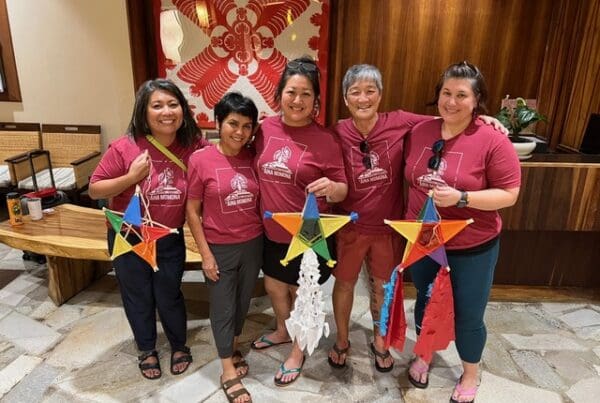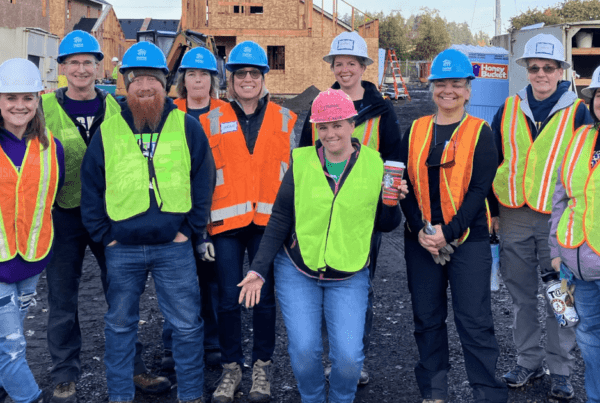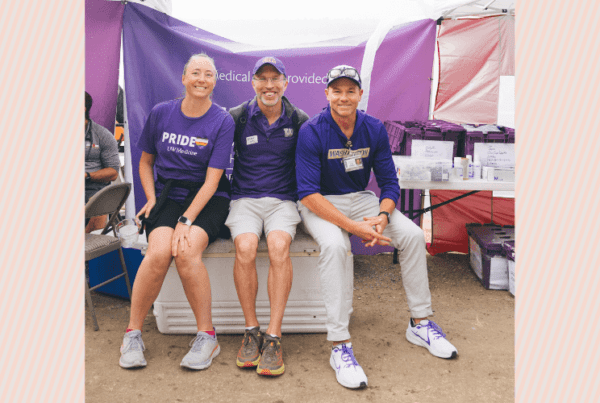One way to humanize homeless people is through art.
“Telling our stories: art and homelessness” is a show Oct. 11-Dec. 15 featuring the work of six artists living in a low-barrier supportive housing project. They are part of an artists’ collective developed out of collaboration with University of Washington researchers, the Downtown Emergency Service Center and residents at 1811 Eastlake, a low-barrier supportive housing project.
“We have so much talent among individuals we work with,” said Dr. Seema Clifasefi, an associate professor of psychiatry in the UW School of Medicine. She is one of the co-directors of the UW Harm Reduction Research and Treatment Center, which helps to reduce substance-related harm and improve quality of life with substance-abusing communities.
Clifasefi said stigma around substance abuse or homelessness doesn’t let people see all sides of a person.
“Our objective is to humanize individuals who have experienced homelessness,” she said.
The artists collective known as LEAP (Life Enhancing Alcohol-management Program) was formed in January 2015 after residents were asked what they most needed.
“People wanted to be reconnected with what was meaningful to them,” said Clifasefi.
Residents now have several ways of expressing their creativity — an open art room, music hours, poetry hours and a weekly writing workshop.
Participants have called the arts programing “life-saving,” said Clifasefi. She said one participant said the arts programing had “changed the ecology of the house.”
Of the 66 residents at 1811 Eastlake who agreed to be interviewed, 86 percent participated in at least one LEAP activity during the six-month period. Residents who tried LEAP activities at least once ended up participating in at least two activities a month on average. These residents decreased their daily drinking by 16 percent, and their alcohol-related harm by 10 percent, according to study results.
The art show runs 8 a.m.-6 p.m. Oct. 11-Dec.15 at the UW School of Social Work, 1st floor gallery, 4101 15th Ave. N.E.
Guest Writer: Bobbi Nodell


